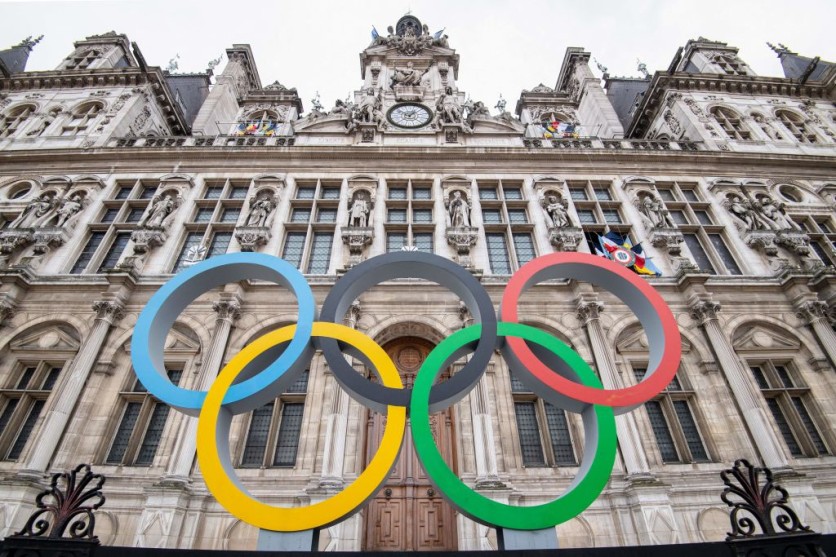French lawmakers are set to vote on a proposed law that would legalize the temporary use of intelligent surveillance systems for the 2024 Paris Olympics and Paralympics, according to a report by AP on Tuesday, March 28.

All About the Bill
The bill has faced criticism from digital rights watchdogs who say it would violate international human rights law by becoming the first of the European Union's 27 countries to legalize AI-powered surveillance, even if just temporarily.
The decision to take action would thereafter be made by human operators. Authorities in France have stressed that facial recognition will not be used in the surveillance.
The technology, according to the bill's proponents, might help prevent tragedies like the devastating crowd crush that killed around 160 people during Halloween festivities in South Korea in October 2022.
As the measures were being discussed last week in the National Assembly, Interior Minister Gérald Darmanin said, "It's not about recognizing 'Mr. X' in a crowd. It's about recognizing situations."
By a margin of 245 to 28, the Senate largely adopted the draft in January. If the National Assembly follows suit on Tuesday afternoon, the law will be subject to additional revisions from assembly members and senators before being adopted in its entirety, which is anticipated to happen in April.
The Bill's Detractors
The deployment of this technology, according to the bill's detractors, runs the risk of turning France into a dystopian surveillance state permanently and would result in a full-scale assault on the rights to privacy, dissent, and freedom of assembly and expression.
Mher Hakobyan, an expert on AI regulation for Amnesty International, argues that it is widely established that marginalized groups, such as migrants and Black and Brown people, are disproportionately targeted by hostile surveillance technology.
Although the proposed law specifies that the cameras will not employ facial recognition, opponents worry that the technology could be used to target people who spend a lot of time in public places, such as the homeless.
Additionally, the bill paves the path for the technology's use of drones equipped with cameras.
Sandra Regol, a legislator from the opposition, warned during last week's National Assembly debates on the bill that it would use Olympic attendees as "guinea pigs" for AI-powered surveillance.
If the measure is approved, France will be the first nation in the EU to make AI-powered surveillance permissible, even if it is only temporarily.
Sporting and cultural events in France that are particularly vulnerable to terrorist threats will be protected using the technology on an experimental basis. Before being officially adopted in April, the bill is anticipated to go through one more round of revisions by senators and assembly members.
Related Article : Crochet Creators Request Patterns From ChatGPT: Can AI Take Over Fiber Arts or Are the Designs Too Weird?

ⓒ 2025 TECHTIMES.com All rights reserved. Do not reproduce without permission.




